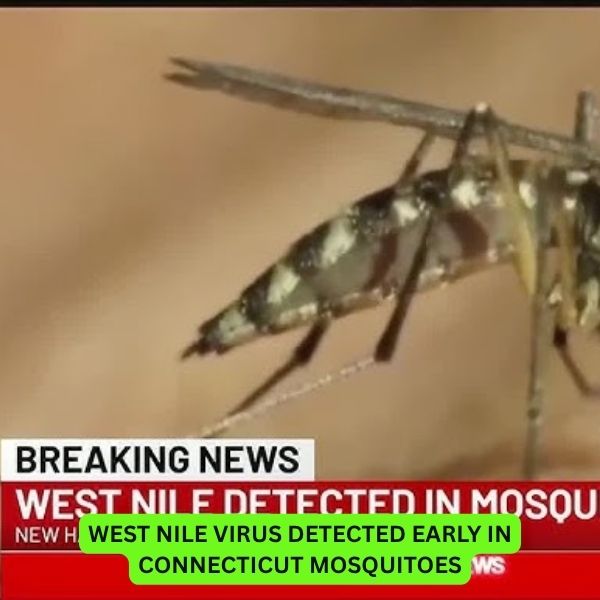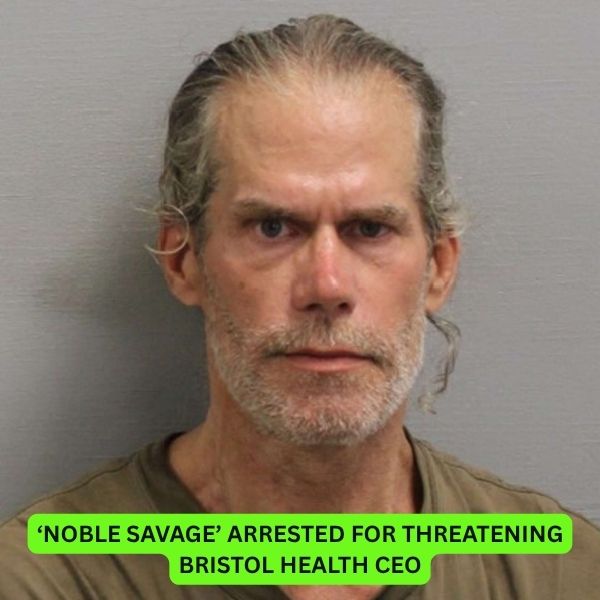The first mosquitoes in Connecticut to test positive for the West Nile virus this year were trapped in Bridgeport on June 11, officials from the State of Connecticut Mosquito Management Program confirmed.
“This is one of the earlier detections of virus recorded during the last 25 years of the statewide monitoring program,” said John Shepard, a medical entomologist at the Connecticut Agricultural Experiment Station (CAES).
Dr. Philip Armstrong, chief scientist at CAES, noted that recent heavy rainfall combined with the ongoing heat wave is expected to increase mosquito activity and the risk of virus spread across the state.
Tips to Avoid Mosquito Bites
The CAES shared the following precautions to help reduce the risk of mosquito bites and potential virus exposure:
-
Limit time outdoors between dusk and dawn when mosquitoes are most active.
-
Use mosquito repellents with EPA-registered ingredients such as DEET, Picaridin, IR3535, oil of lemon eucalyptus, PMD, or 2-undecanone. Always follow label directions.
-
Wear long sleeves, pants, socks, and closed shoes when outside for extended periods. Choose light-colored, loose-fitting clothes made from tightly woven fabric.
-
Consider clothing and gear treated with permethrin, an insecticide that repels or kills mosquitoes and ticks.
-
Make sure window and door screens are properly fitted and in good condition.
-
If sleeping outdoors, use tents or mosquito netting, and treat camping gear with permethrin when possible.
-
Protect babies in strollers or carriers with mosquito nets.
Officials will continue monitoring and testing mosquito populations across the state throughout the summer.













Leave a Reply